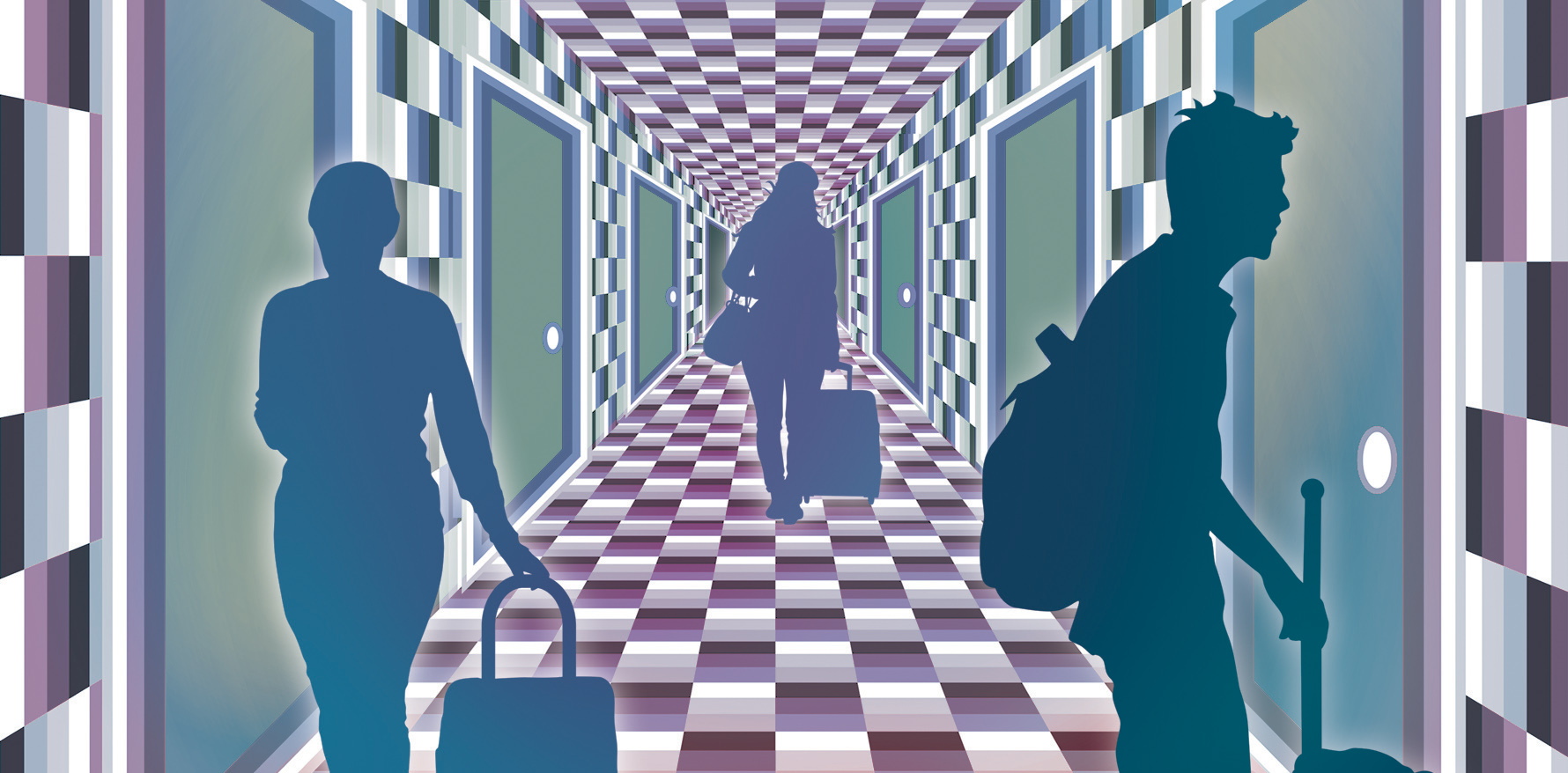This is an appropriate time to review the protocols for compulsory quarantine, including the 14-day duration.
He shall be unclean as long as the disease is on him. Being unclean, he shall dwell apart; his dwelling shall be outside the camp. – Book of Leviticus 13-14
As the judicial inquiry continues into quarantine practices at several Melbourne hotels designed to prevent the spread of COVID-19 from returning travellers, we are treated to a smorgasbord of tales from witnesses who were housed there or worked in the hotels that allegedly demonstrate gross failures in a public health measure designed to protect the community in the midst of a pandemic.
The reports are particularly disturbing when prior to the aged care fiasco, morer than 90% of Victoria’s active cases emanated from breaches in hotel quarantine. The litany of alleged breaches includes:
- Lack of proper infection control processes and lack of training of hotel and security staff in hygiene measures.
- Filthy hotel rooms and bed linen including blood-stained linen.
- Failure by guards to wear PPE.
- Granting detainees temporary leave to go into the community, in some cases for up to nine hours.
- Exercise breaks undertaken before COVID-19 testing.
- Guards not practising social distancing and failure to wear face masks when delivering items to detainees.
- Reluctance by security guards to assist a lady who fractured her foot in the hotel.
- Failure to offer mental health services to a detainee who was severely depressed having also just lost his father.
- Staff ignoring suicide threats.
- Security guards working in a number of different hotels creating risk of cross contamination.
- Board of shame for so called difficult residents.
- Higher authorities (DHHS and the police) ignoring pleas for help by hotel staff.
There is no doubt that quarantine measures are essential. They are a time-honoured means of infection control and apply not only to humans but also to various imported goods for example timber products that may harbor insects or pathogens. In the absence of an effective and safe vaccine or effective medication, isolation in one form or another remains the most effective means of controlling epidemics or pandemics.
It has been so for millennia. Quarantine is simply a form of isolation. Like all forms of human isolation, it can and does have mental health consequences.
There are lingering concerns about quarantine processes but beyond these we posit questions about the duration of compulsory 14 days hotel quarantine for all overseas arrivals. Examination of Commonwealth Department of Health data reveals that between the start of the quarantine system and June 19 around 63,000 people nationally had been placed into hotel quarantine at a cost of $118 million.
By 19 June, around 7,000 cases of COVID-19 had been detected, some 6,300 of them linked to returning travellers. We conclude that of the 63,000 returnees about 56,700 travellers (90%) were kept in hotel quarantine for 14 days although the majority of them probably did not have COVID-19. Testing of travellers was only done initially on those who had symptoms and only routinely for all in preparation for discharge.
It seems that the 14 days approach was one size fits all. There may have been an alternative more humane and less costly approach given that the incubation period is usually five to seven days for COVID-19.
Had rapid testing been done on arrival on all travellers they would have been classified into one of four categories.
- No symptoms and negative test on arrival
- Symptoms but negative test on arrival
- No symptoms but positive test on arrival
- Symptoms and positive test on arrival
If groups one and two are tested again in seven days with test results in 24 hours being negative, why should they be kept in hotel quarantine? It would be more humane and less costly to send them home with clear instructions on a course of action should they develop symptoms, just like the advice given to all members of the community or if necessary a program of home isolation for seven days.
Wearing of e-bracelets has been suggested to track those at risk of infection in home isolation. Home isolation for seven days would certainly prevent some of the mental health consequences of a 14-day isolation period and save millions of dollars in hotel costs.
A similar approach was used in Beijing with all returning travellers taken to a convention centre for immediate testing and those in categories one and two sent home with a local community supervision committee responsible for their monitoring.
Those in category three were sent to a temporary, specially reserved observation clinic for 14 days of monitoring and those in category four were sent to a single, specialised hospital for respiratory infections (in Beijing, for example, Ditan Hospital).
China has learnt from the SARS epidemic and applied that knowledge to this pandemic. Of course, the different political system enables strict enforcement of quarantine protocols.
As we eagerly await the outcome of the judicial inquiry into hotel quarantine in Victoria, there are 18,000 travellers wanting to return home to Australia.
We believe this is an appropriate time to review the protocols regarding compulsory quarantine. We suggest testing for COVID-19 on arrival, identifying the four groups we described above and following different monitoring strategies for different groups of returnees. It is never too late to change our policies if the grounds for change are compelling.
Professor Leon Piterman is Professor of General Practice, Monash University.
Professor Emerita Marika Vicziany is Economic Historian, SOPHIS, Monash University.
Associate Professor Hui Yang is Director China GP Training, Monash University.


